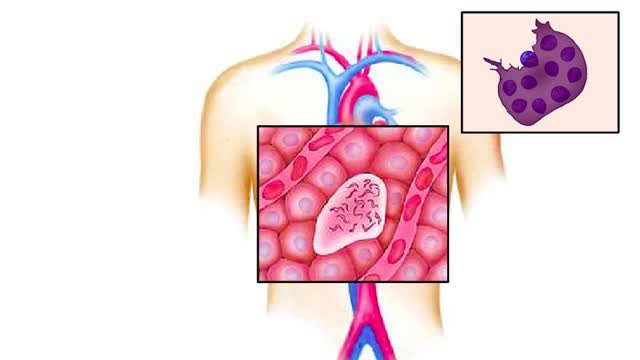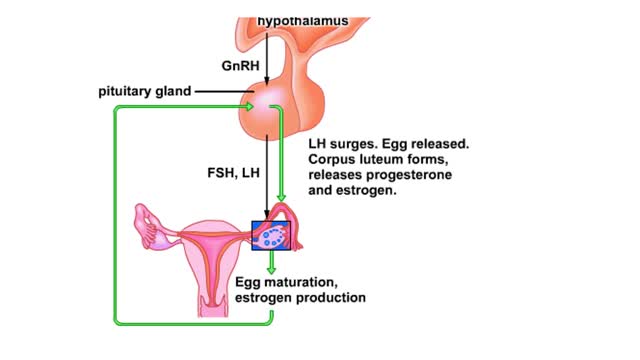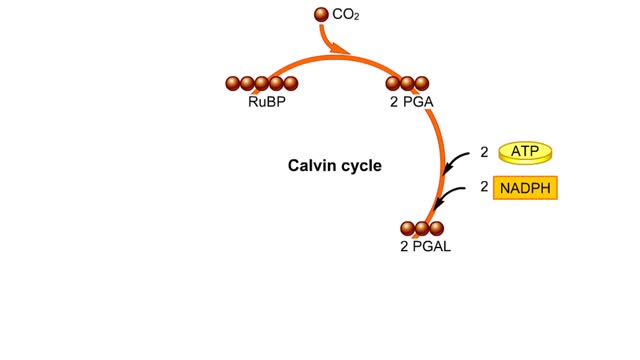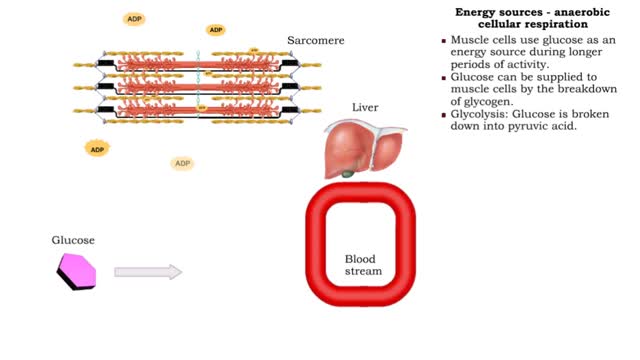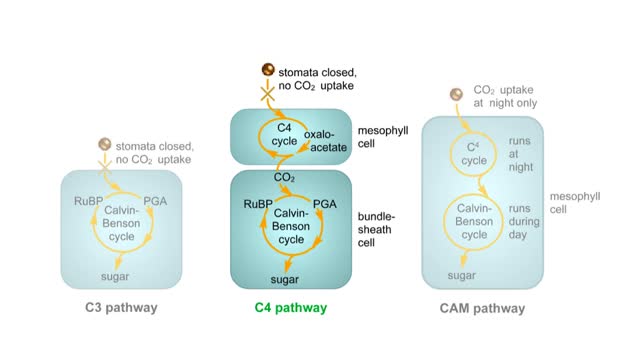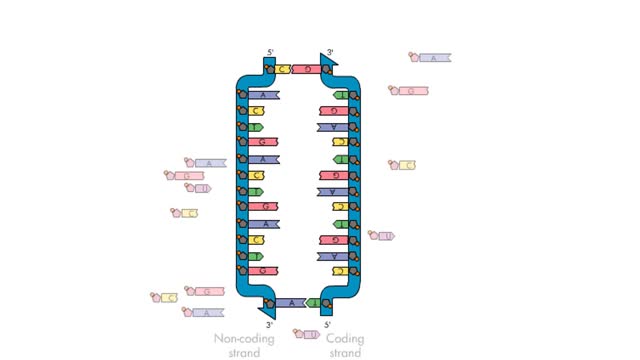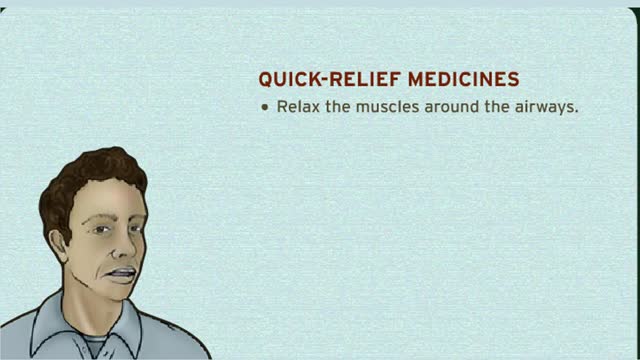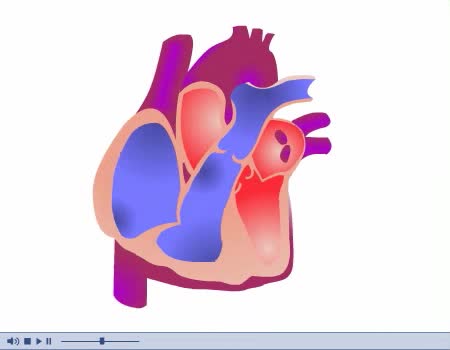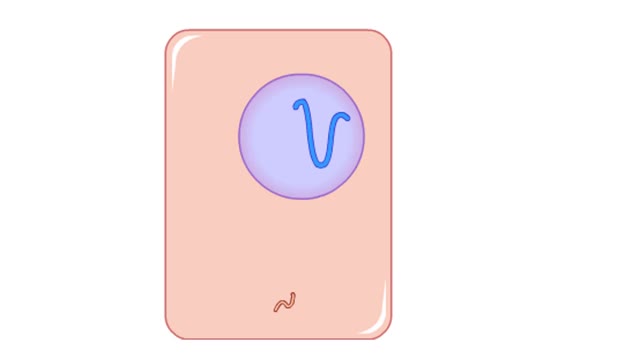Search Results
Results for: 'Cellular slime mold life cycle Animation'
Apicomplexan life cycle Animation
By: HWC, Views: 5407
Malaria is caused by the sporozoan, Plasmodium. It is transferred to humans by mosquitoes. When an infected mosquito feeds, infective sporozoites move from her salivary glands into the human body. The bloodstream carries the sporozoites to the liver. Here, they reproduce asexually and...
Hormones and the menstrual cycle Animation
By: HWC, Views: 8082
Feedback loops to the hypothalamus and pituitary gland from the ovaries during the menstrual cycle Animation for a step-by-step explanation. Production of a releasing hormone (GnRH) by the hypothalamus prods the pituitary's anterior lobe to release FSH and LH. In the ovary, FSH and LH stimula...
By: HWC, Views: 10859
he light-independent reactions make sugars by way of a cyclic pathway called the Calvin cycle. The cycle begins when rubisco attaches a carbon from carbon dioxide to ribulose bisphosphate. The molecule that forms splits into two molecules of PGA. Each PGA gets a phosphate group from ATP a...
By: HWC, Views: 11227
• The amount of ATP stored in a skeletal muscle cell can only provide muscular activity for two to three seconds. • Muscle cells must be able to generate additional molecules of ATP to continue contracting. • Muscle cells can generate ATP from several processes: • Phosphogen syste...
Carbon fixing adaptations Animation
By: HWC, Views: 5256
Different plants trap carbon by different pathways. Most C3 plants evolved in moist, temperate zones. On hot dry days they close their stomata to conserve water and oxygen accumulates. Under these circumstances, the enzyme rubisco uses oxygen in an inefficient reaction that competes with t...
Transcription—A molecular view
By: HWC, Views: 6690
Transcription, as related to genomics, is the process of making an RNA copy of a gene's DNA sequence. This copy, called messenger RNA (mRNA), carries the gene's protein information encoded in DNA. During transcription, a DNA molecule is copied into RNA molecules that are then used to translate...
How does asthma work?And How do you treat asthma?
By: HWC, Views: 10009
These are the parts of the respiratory system. Sinuses and Nasal Passages Mouth Windpipe (Trachea) Lungs Airways (Bronchial Tubes) Airsacs (Alveoli) When we breathe, air moves easily in and out of the lungs. The small airways are also called bronchial tubes. The side of the tube is...
By: Administrator, Views: 14182
Diastole and systole are two phases of the cardiac cycle. They occur as the heart beats, pumping blood through a system of blood vessels that carry blood to every part of the body. Systole occurs when the heart contracts to pump blood out, and diastole occurs when the heart relaxes after contract...
HIV replication/ Replication cycle of HIV
By: HWC, Views: 8236
Replication cycle of HIV, one of the retroviruses. The HIV virus is surrounded by a lipid envelope with embedded proteins. A coat of viral proteins surrounds two strands of RNA and the enzymes used during replication. The virus attaches to and enters the host cell. Viral reverse trans...
Advertisement



